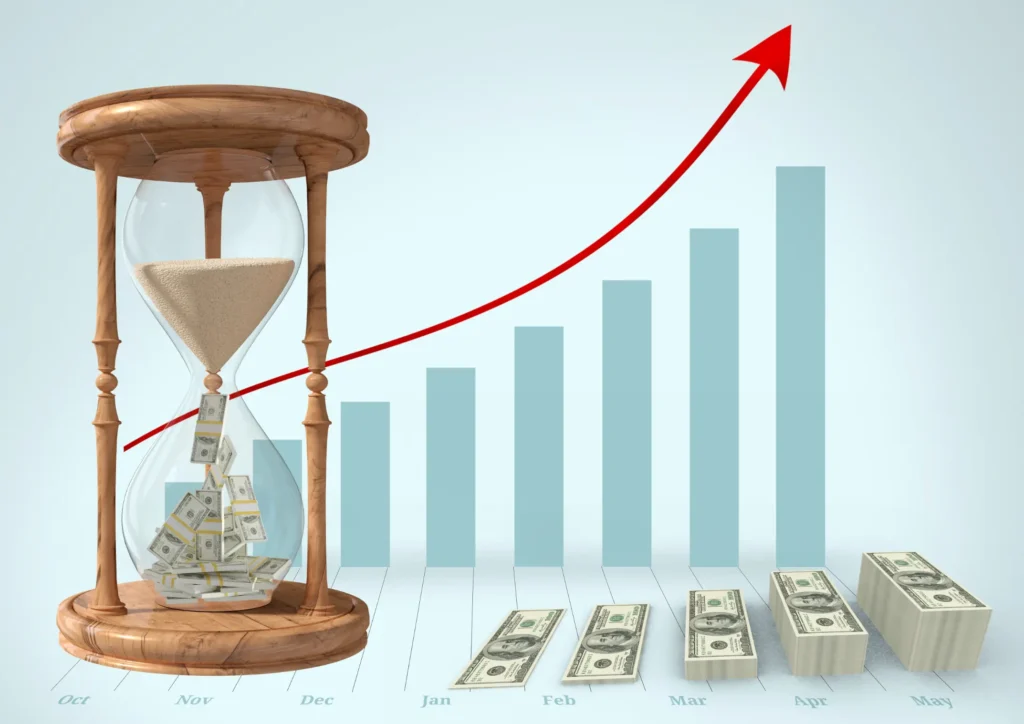When it comes to how to calculate salary hike, it is an important process for employees and HR Managers. Salary increases affect morale, retention, and long-term engagement. So, whether you’re negotiating a performance-based hike or you’re an HR Manager trying to bring fairness.
Why Salary Hike Matters
Salary hikes are more than just numbers on paper. They convey recognition and demonstrate performance in relation to the broader market. For this reason alone, it is vital that HR departments and employees alike are consistently clear and transparent with salary hike calculations.
Simple Method to Calculate Salary Hike
Hike Percentage = [(New Salary – Old Salary) ÷ Old Salary] x 100
To generate a sample:
If your salary now is ₹50,000 and the new salary is ₹57,500,
= [(57,500 – 50,000)/50,000] x 100
= 15% Salary Hike
We use that formula a lot to provide increases during performance reviews and annual appraisals all the time.
Factors Affecting Salary Hike
- Performance Appraisal Scores
- Company Budget
- Industry Trends
- Employee Experience
- Changes in Role / Responsibilities
In addition, external factors such as inflation, market demand, and specific HR policies are considered. Also, help create the overall context for performance evaluation and salary hikes.
Difference Between Salary Increment and Promotion
Salary Hike
- Refers to an actual increase in pay.
- Typically, it occurs annually or at least at the completion of an appraisal cycle.
Promotion
- Refers to a new title or new role.
- Has elevated responsibilities.
- It will usually always be accompanied by a salary hike, as part of the upgrade.
From an HR perspective. Understanding the distinction between a salary increase and a promotion is important. As it helps enable employee expectations to be managed appropriately. It also aids in the drafting of transparent HR policy documents.
Ways HR Can Ensure Positive Salary Hikes
Salaries are a sensitive matter. Companies must approach salary hikes. But in a formal and structured manner. Here are some of the ways HR can benefit from a structured approach to salary hikes:
- Use salary benchmarking tools.
- Implement and sustain. A streamlined performance management process.
- Have a clear and transparent communication plan.
- Use a digital HRMS platform to assist in calculating and documenting hikes through automation.
This regards a positive environment and also helps HR to calculate salary hikes easily.
Conclusion
Salary hikes are tokens of trust, growth, and value. A structured approach to calculating a salary hike helps with everything. Furthermore, when they are deliberate, clear, and defined, the performance review helps employee engagement and satisfaction.
FAQs
Q1: Is it possible for salary increases to differ by department?
Yes. Unlike other departments, each department can change based on the performance and budget of the department.
Q2: How often do salary increases take place?
Typically, salary increases occur at least yearly during an appraisal cycle, although this can vary from company to company.
Q3: Is it mandatory to have a salary increase after a promotion?
While it is not required, in most situations, a promotion includes an increase in salary.
Q4: What is the basic increase in salary in India?
Typically, salary increases average between 8% and 15%, depending on their industry and role.
Q5: If my performance is good, can HR deny salary increases?
Yes, if the company is not financially healthy or if there are budget limitations in HR software.




